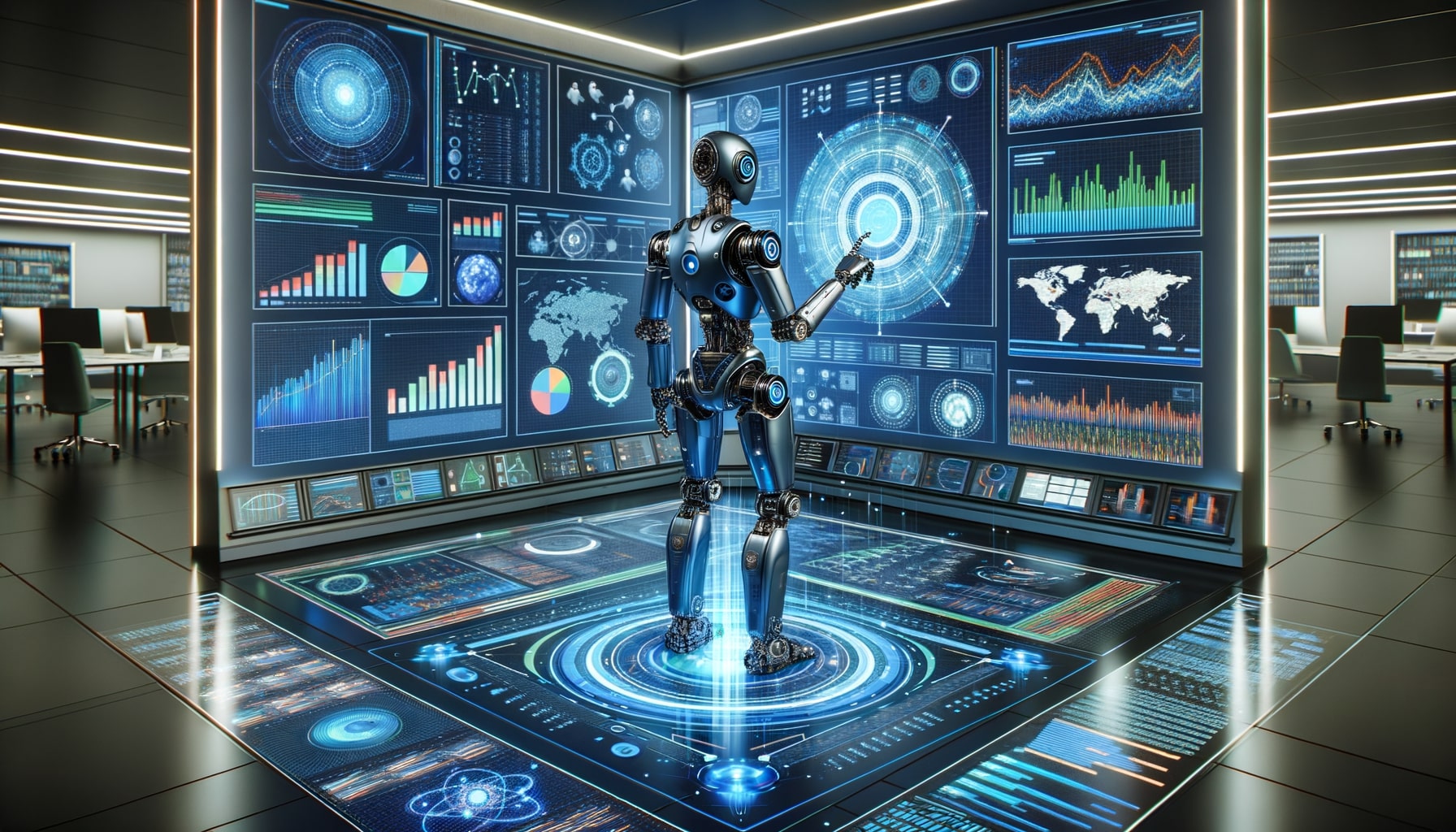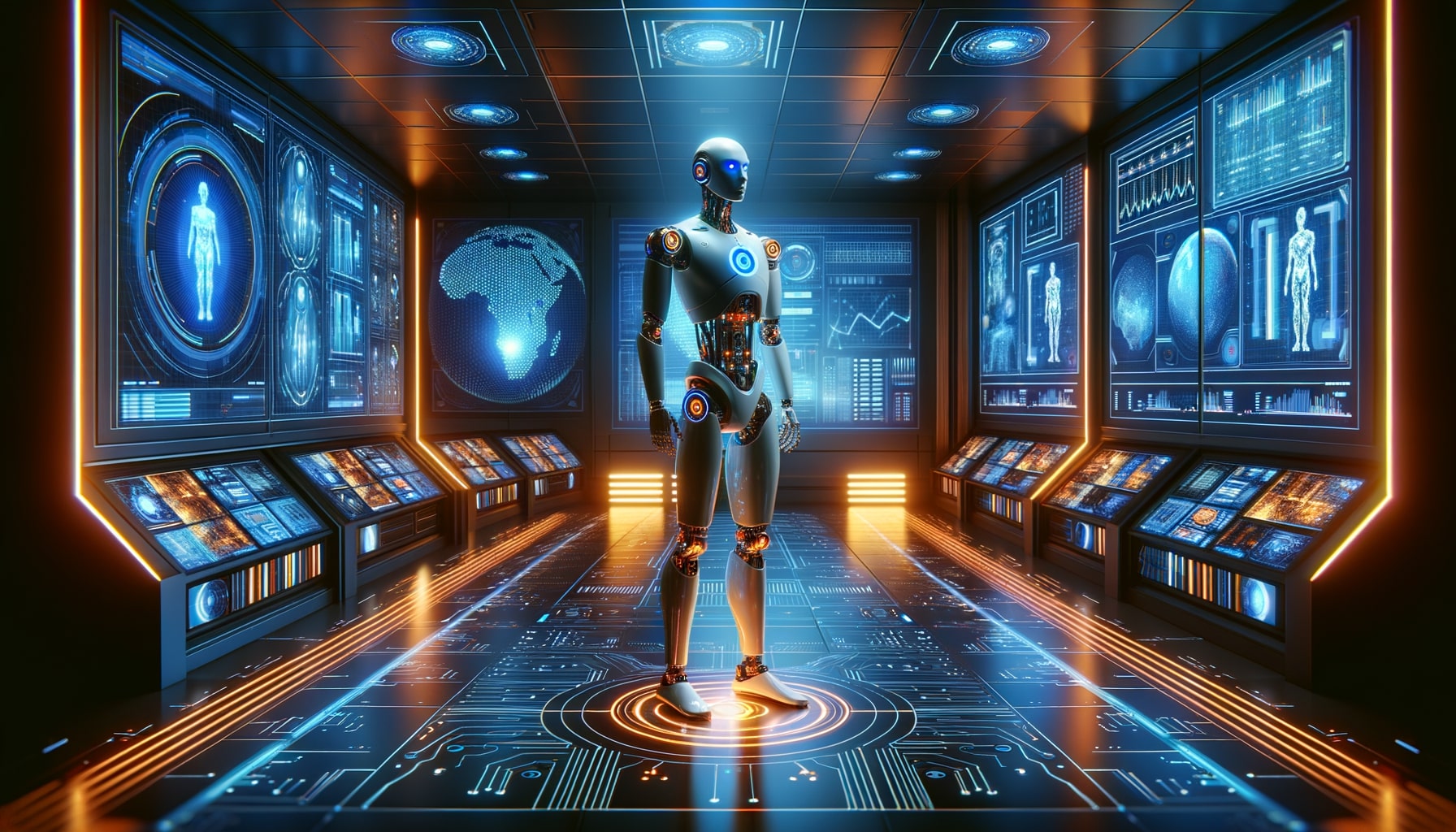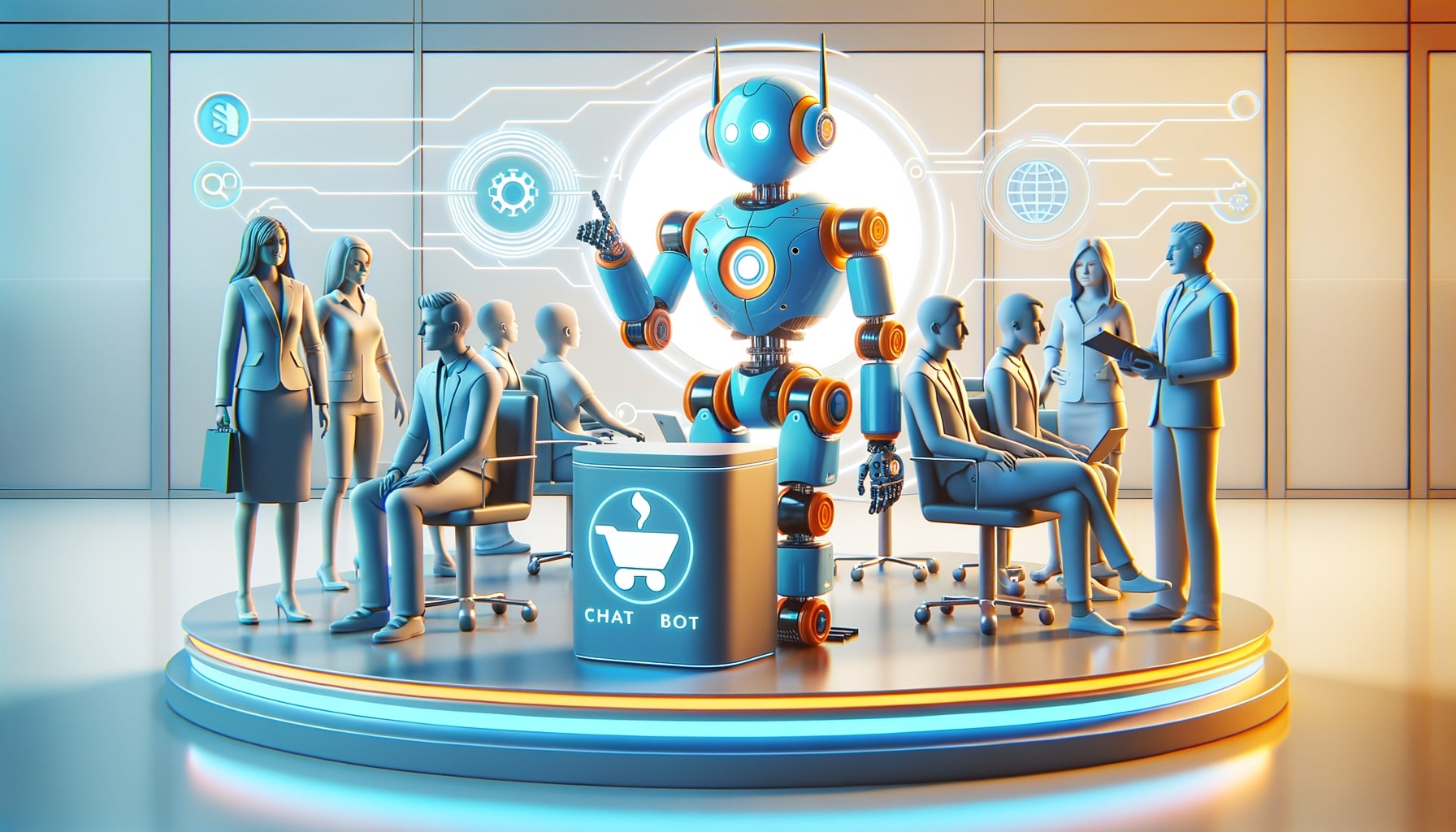17 July 2024
Learn the secrets of machine learning

If you are interested in discovering the secrets of machine learning, you are in the right place. In this article we will explore the evolution of this technology and its impact on different industries. You will learn how neural networks in deep learning are revolutionizing generative artificial intelligence and how to use open source tools to implement machine learning solutions. If you want to learn how to use a model like LLAMA 3, read our dedicated article. In addition, we will look at some practical examples of machine learning applications and the potential that AI offers companies. If you want to better understand the world of machine learning and how it can affect your industry, read on.
What is machine learning?
Machine learning is a form of artificial intelligence (AI) that allows machines to learn without being explicitly programmed by a human. This process allows algorithms to detect patterns and make predictions and recommendations by processing data and experiences, rather than following programmed instructions. Because of the ability to adapt in response to new data, these algorithms improve over time.
Machine learning has revolutionized several industries, including healthcare, marketing, and finance, enabling companies to analyze large amounts of data more efficiently and accurately. For example, in healthcare, machine learning can be used to analyze clinical and genetic data to detect diseases early or to identify the best therapies for patients. In finance, on the other hand, it can help detect fraud or predict the behavior of financial markets. In summary, machine learning represents an important evolution in the field of artificial intelligence and offers numerous opportunities to improve processes and services in different areas.
The evolution of machine learning into generative AI
Machine learning was introduced in 1959 and has evolved considerably since then, thanks to the advancement of digitization, greater availability of cheap computing power and cloud services.
One of the most advanced forms of machine learning is deep learning, which uses neural networks to analyze complex data and constantly improve its predictive capabilities.
These neural networks, inspired by the workings of the human brain, have led to the development of generative AI models such as ChatGPT, which can generate content based on large amounts of data.
This evolution has opened up new perspectives in the field ofartificial intelligence, enabling machines to create original and innovative content in various application areas, such as automatic text generation for virtual assistants or image and video creation.
Types of neural networks in deep learning
Neural networks used in deep learning are mainly of three types: direct propagation neural networks, convolutional neural networks (CNNs) and recurrent neural networks (RNNs). Directly propagating networks are simple and predict outcomes based on input data. CNNs are particularly effective for perceptual tasks, such as image recognition. RNNs, with connections that include loops, are useful for analyzing sequences of data such as text or series of financial transactions. These different types of neural networks in deep learning allow machines to learn and improve in complex patterns. To learn more about how deep learning is affecting artificial intelligence, you can check out the Missing Translation article previously published on our blog.
Use scikit learn python
Scikit-learn is one of the most popular machine learning libraries in Python. It offers a wide range of pre-implemented algorithms, thus making machine learning more accessible even to those who are not experienced programmers.
With scikit-learn you can easily perform classification, regression, clustering and more. For example, one can use the SVM (Support Vector Machine) classification algorithm to predict whether an e-mail is spam or non-spam, or one can apply the K-means clustering algorithm to identify homogeneous groups within a dataset.
In addition, scikit-learn offers tools for evaluating model performance and selecting the best parameters. Importantly, this library is supported by the open source community and thus enjoys constant development and improvement. Thanks to scikit-learn Python, even machine learning novices can easily experiment and obtain satisfactory results.
Insight into Microsoft ML
Microsoft ML is another powerful tool for those involved in machine learning. However, it is important to keep in mind that using this platform may present some challenges. For example, the complexity of the models generated by Microsoft ML may require more computational capacity, and cloud computing solutions may need to be implemented to handle data processing efficiently. In addition, integration with other tools and platforms may require considerable time and resources.
On the other hand, the possibilities offered by Microsoft ML are considerable: the platform allows advanced machine learning models to be developed quickly and effectively, offering a wide range of algorithms and predictive techniques. For example, Microsoft ML can be used to analyze large amounts of data from IoT sensors in order to detect anomalies or predict impending failures. In addition, the platform offers intuitive tools for visualizing and interpreting the results, thus enabling users to draw meaningful conclusions from the analyses performed.
Ultimately, Microsoft ML is a valuable resource for those who wish to further their knowledge in the field of machine learning, while requiring some care in managing resources and integrations with other technologies.
Sectors that can benefit from machine learning
Almost any industry can benefit from machine learning. For example, predictive maintenance can reduce equipment downtime,logistics optimization can improve transportation efficiency, and call centeranalytics can improve the customer experience. Banks, manufacturing and service companies can use machine learning to improve operational efficiency and reduce costs. In addition, the healthcare sector can benefit from the use of machine learning for early diagnosis of diseases and personalization of treatments. Also in the marketing field, machine learning can be used to analyze customer data and create targeted advertising campaigns. Finally, in theenergy sector, machine learning can help optimize energy production and distribution while reducing waste and improving environmental impact. Ultimately, the application of machine learning in different sectors offers ample opportunities to optimize processes, reduce costs and elevate the quality of services offered.
Practical examples of machine learning
Machine learning offers many practical examples for use in various fields. For example, in the field of cybersecurity, machine learning algorithms can be used to detect and prevent cyber attacks by identifying anomalous patterns in network data. In finance, banks can leverage machine learning to analyze customer data and prevent financial fraud. In healthcare, predictive analytics based on machine learning can be used to identify potential diseases early and prepare personalized treatments. Also, in the field of logistics, machine learning can optimize inventory and transportation management processes, improving operational efficiency. Another practical example is marketing: through the analysis of customer data by machine learning algorithms, highly targeted and effective advertising campaigns can be created. Finally, in the area of energy, machine learning can help optimize energy production and distribution, reducing waste and improving environmental impact.
The article "AiAbility: Open Source Artificial Intelligence Models on a Private Cloud " delved into the importance of using Open Source Artificial Intelligence models on Private Cloud to develop innovative AI-based solutions in the business context, demonstrating how the integration of machine learning can bring tangible benefits in different areas.
The potential of AI for businesses
For businesses, the potential of machine learning is enormous, especially when using open source models on a private cloud. This combination offers flexibility, scalability and security, allowing algorithms to be customized for specific business needs without compromising data privacy. To learn more about this opportunity, we recommend the AiAbility.
By adopting these technologies, companies can address complex problems in innovative ways, optimizing operations and improving the effectiveness of strategic decisions. For example, implementing machine learning algorithms in manufacturing can optimize manufacturing processes, reducing production time and maintenance costs.
In human resources, the use of machine learning can help identify ideal candidates for certain positions and predict staff turnover. Also, in the field of customer service, the use of machine learning-based chatbots can improve the customer experience by providing immediate and accurate answers to frequently asked questions.
In summary, the potential ofAI for companies translates into significant competitive advantage through optimizing internal processes and offering customized solutions to customers.
Harness AI for your business
Contact us to find out how to integrate artificial intelligence into your business processes.


